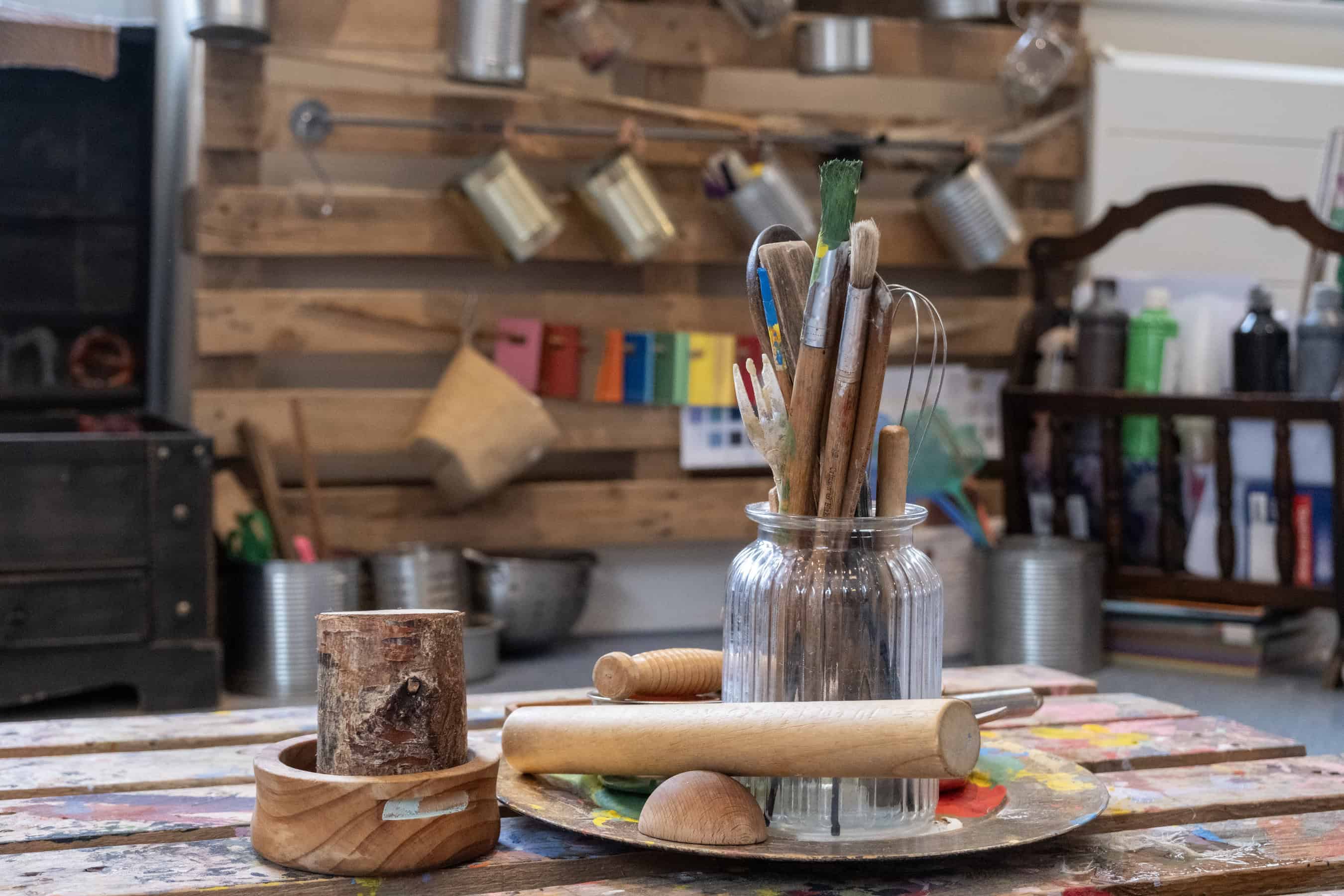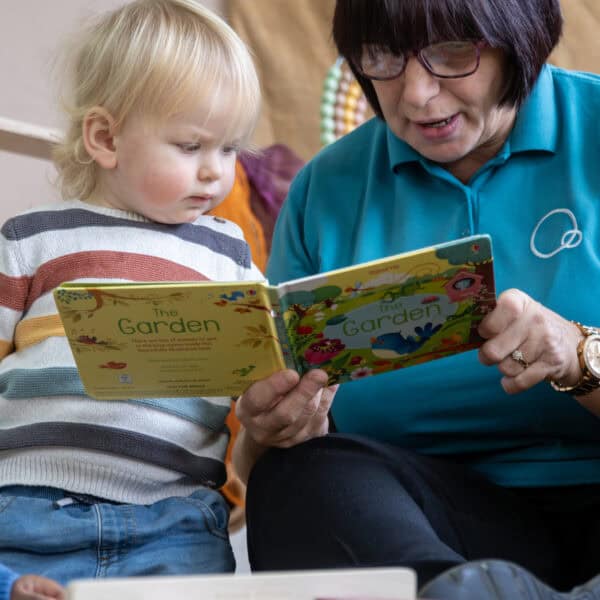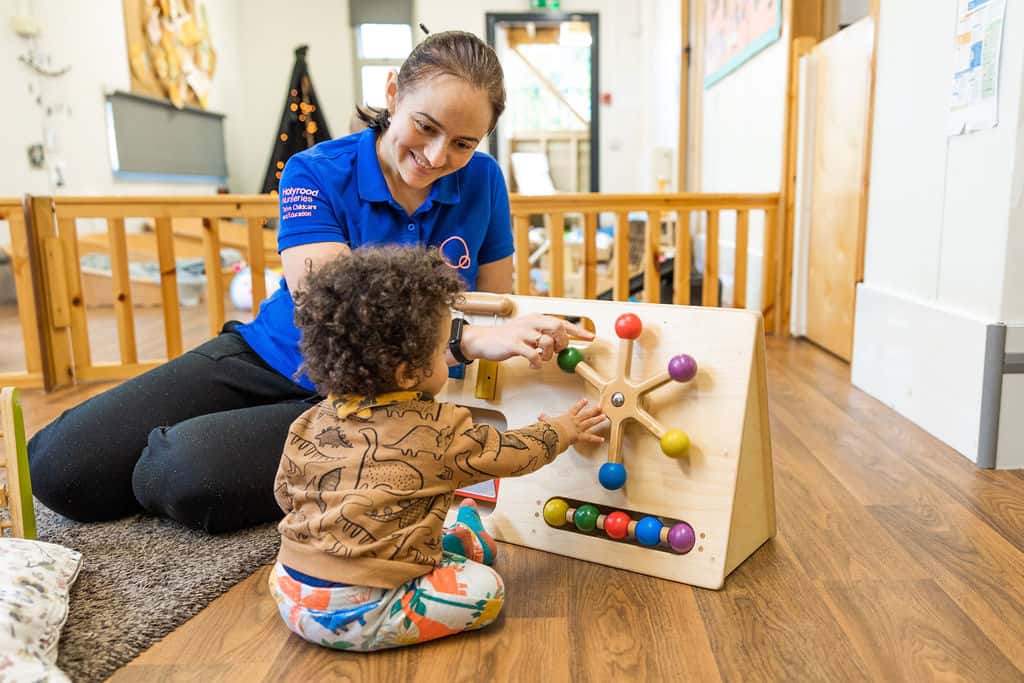What age should my child start nursery?
Last Updated on April 7, 2025


The age-old question ‘what is the right age to send my baby or toddler to nursery?’ really doesn’t have a simple answer. A more helpful question might be ‘What is right for my child and our family?’
Every child is different and, sometimes, the nursery settling-in process can be harder for the parents than it is for their child.
The most important thing for a young child is to be in a safe and nurturing environment where they can form a strong bond or attachment with an individual.
At our Thrive nurseries in Scotland and North-west England, we care for babies and children from three months old up to the time they start school.
Our key person system is critically important so both child and parent can develop a close relationship with one of our team. If a baby is joining us at three to six months, we will ensure their key person has lots of one-to-one time and hugs with them during the settling in period and their transition into the nursery routine.
Forming this attachment with their key person is essential to helping the child to thrive and learn during their time with us.
We take our responsibilities for every child extremely seriously and, before they join us, we find out as much as possible about them – from the songs their parents sing to them to how they like to be fed or what they like to eat. Mums of younger babies can, of course, provide breast milk for their feeds.
With younger babies, this familiarisation is especially important, our focus is to work closely with the parents to ensure we can meet the needs of both child and parents. This includes ensuring the baby has an unhurried settling-in process before joining us. We will ask the parent to leave a comforter or something like a scarf with us so their baby can be reassured by smelling their mother or carer’s scent.
Often children start at our nurseries at the age of 10 to 12 months, usually we find this ties in with mothers’ returning to work after maternity leave. This is also, however, an age at which separation anxiety becomes commonplace.
Children joining us at this age may have spent much of their time enjoying one-to-one time with their parent or carer but, as they grow older, they have to get used to sharing adult attention. They also need to learn to share toys, to take turns, to start looking out for and supporting their friends and to understand routines.
Gaining experience with children of a similar age helps to prepare them for school where they may be in a classroom with 20 to 30 children. If a child is unused to being left by their parent and with other children, settling into school can be a challenge.
We often receive feedback from local schools that children who have attended our Thrive nurseries are confident and settle well into school routines.
One of the benefits of our Thrive nurseries is our commitment to children spending supervised time outside and exploring safe outdoor spaces. At our Nature Kindergartens this ethos is extended to ensure pre-school children spend at least half of their time learning and exploring outside.
Messy play including using sand, water and paints are staples for children at all our nurseries, providing opportunities they may not have at home. In the nursery environment children learning from each other is as important as learning from our nursery teams.
The opportunity to explore new things safely alongside their peers provides significant benefits to children as they progress through nursery and towards school.
For more information, see our blog providing more information about our nursery settling-in processes. (link to Why the nursery settling-in process is more important than ever for babies born during the Covid-19 pandemic).
When their parent leaves, children are naturally afraid that they may not come back for them. Through experience, the child learns to trust that their parent will return. Our nursery teams and managers are well-trained to understand this anxiety and help to ensure each child’s individual needs are met and that they form new attachments.
For those children who remain at home with a parent or family member until they are two or three years’ old, socialisation with other children is an important part of their time at nursery. It is not until around two-years-old that children actually start to play together.









